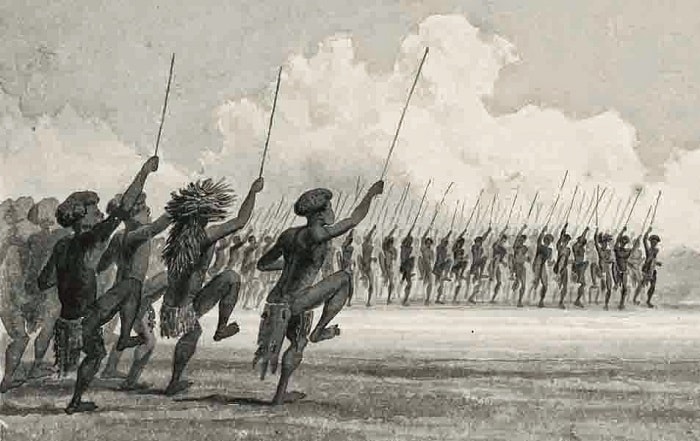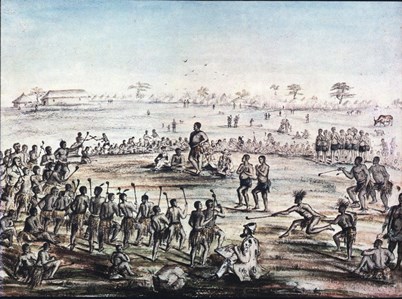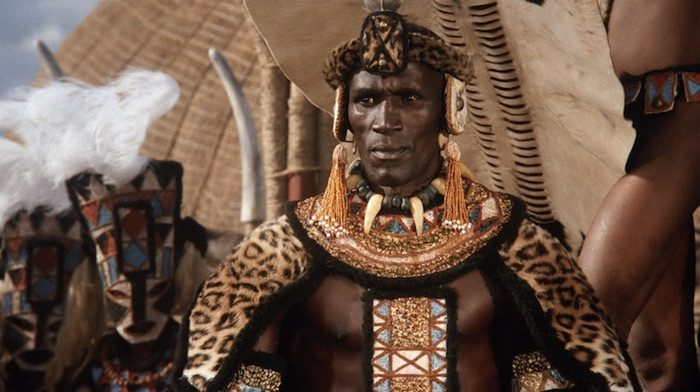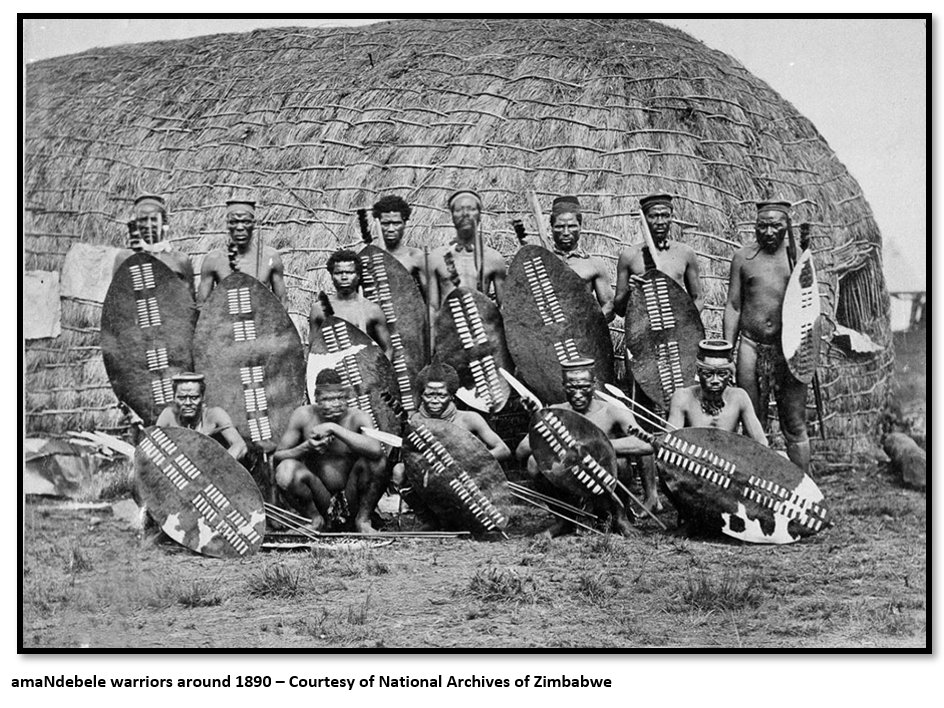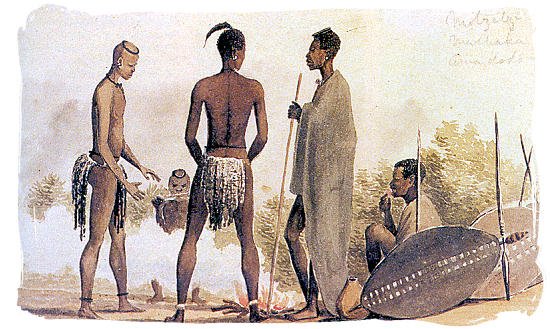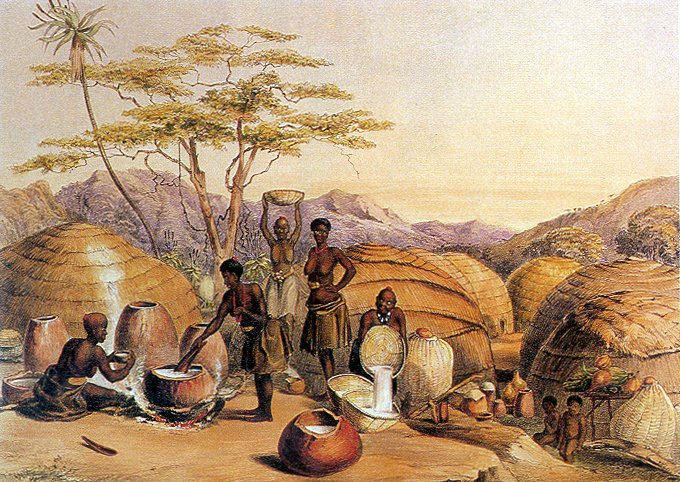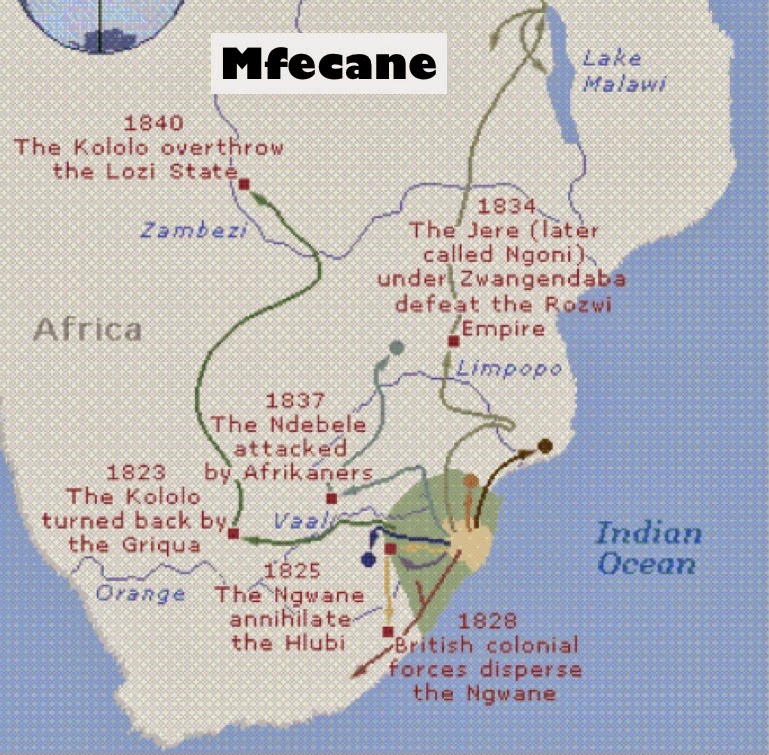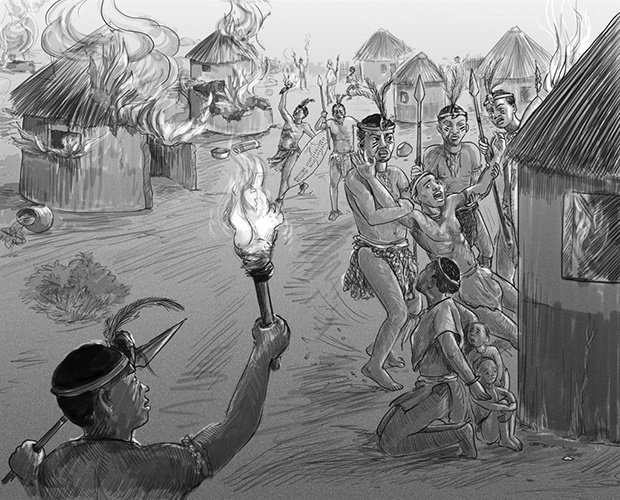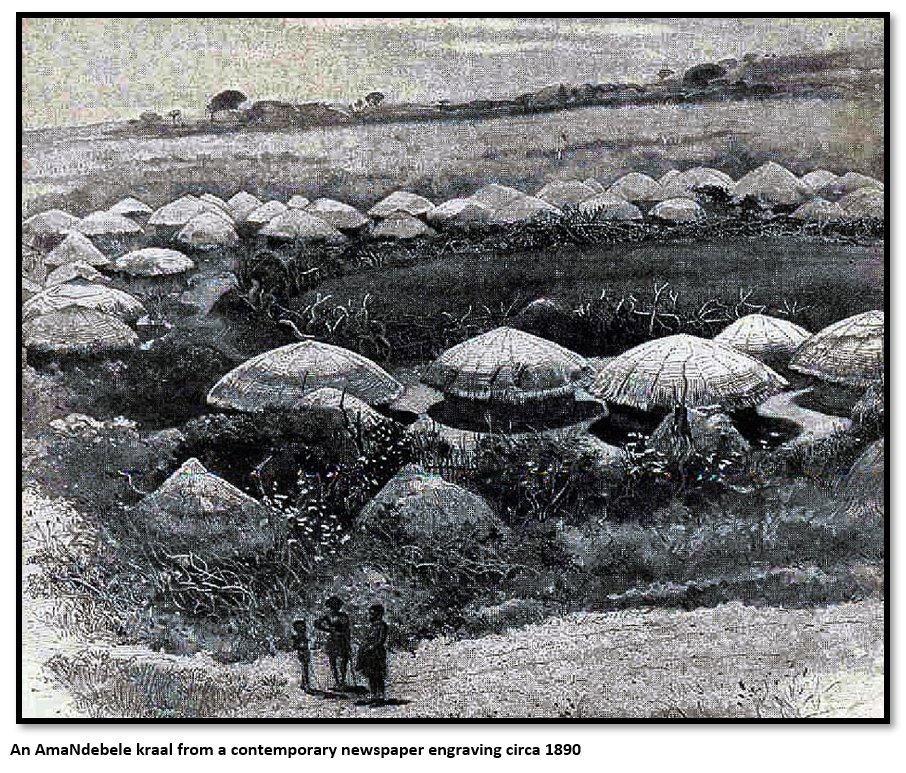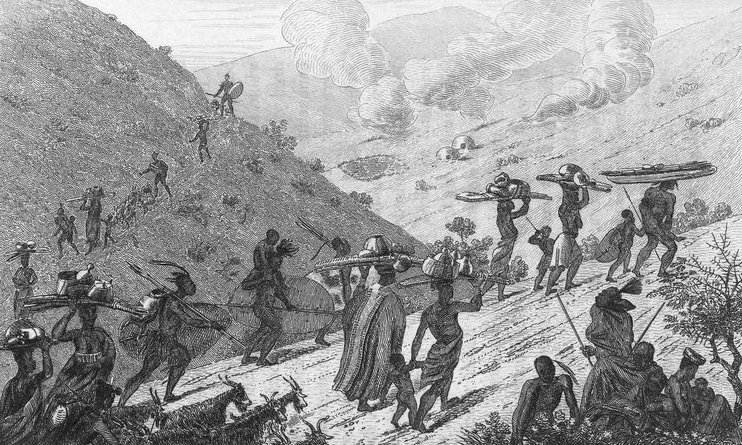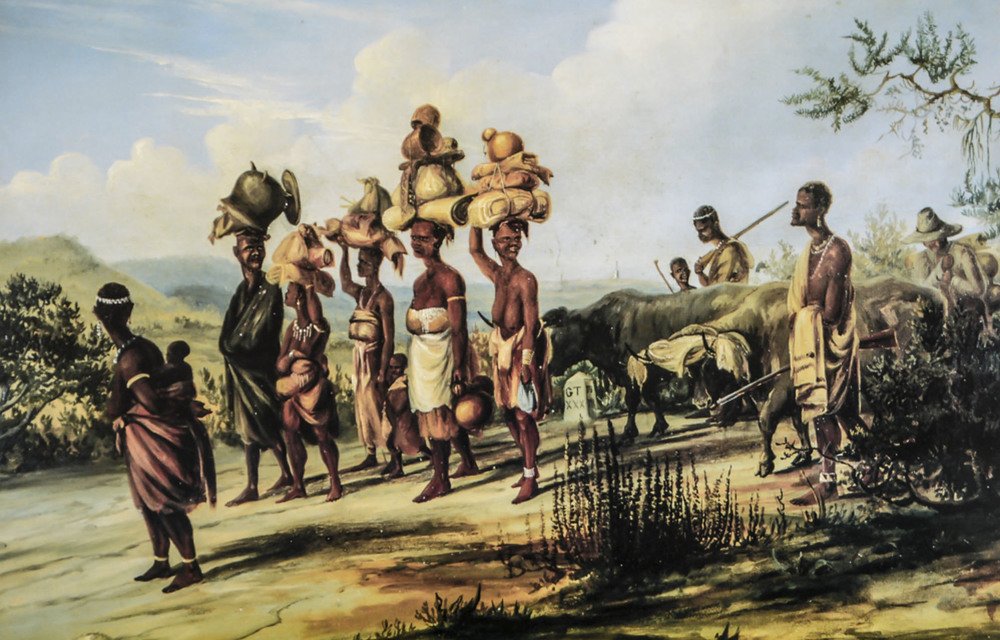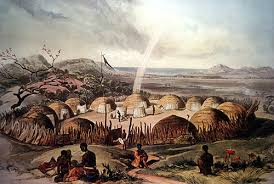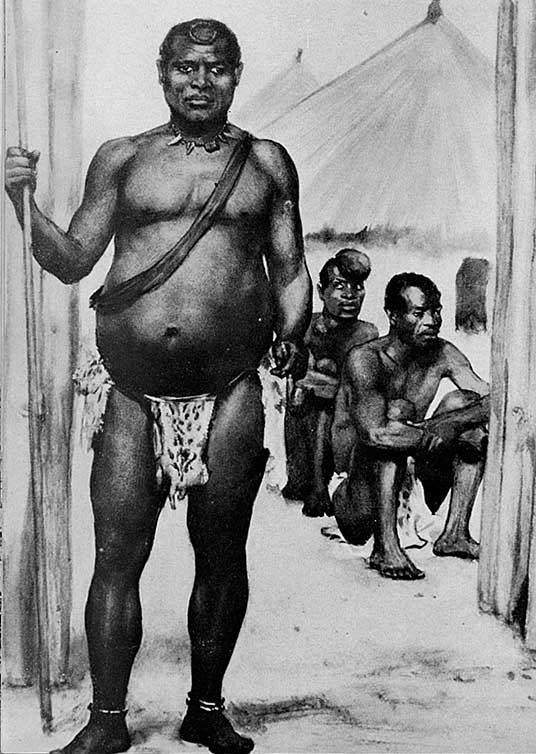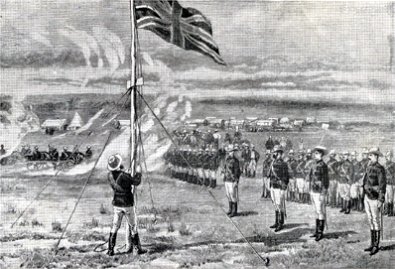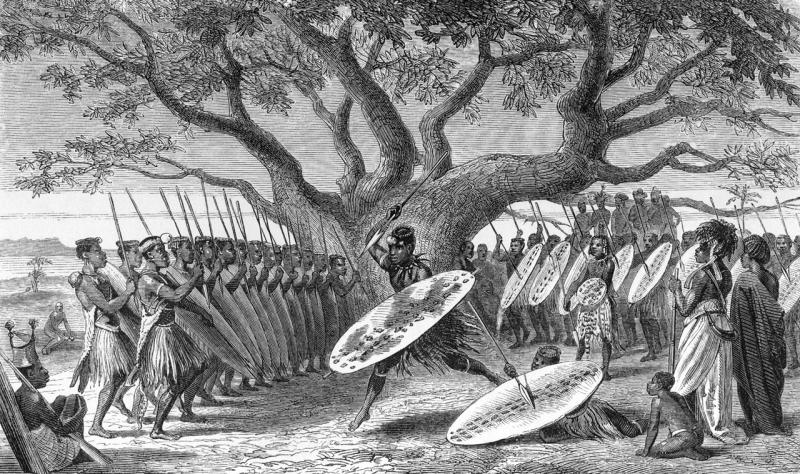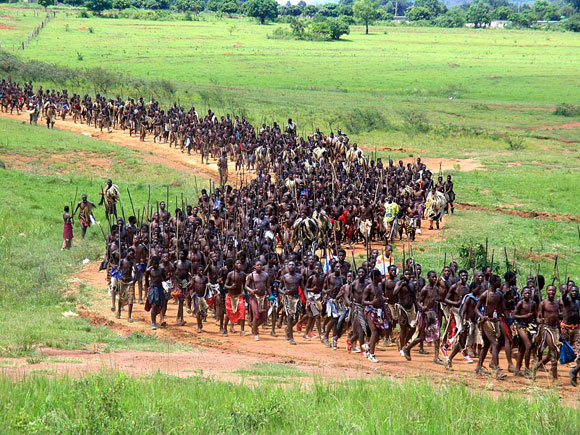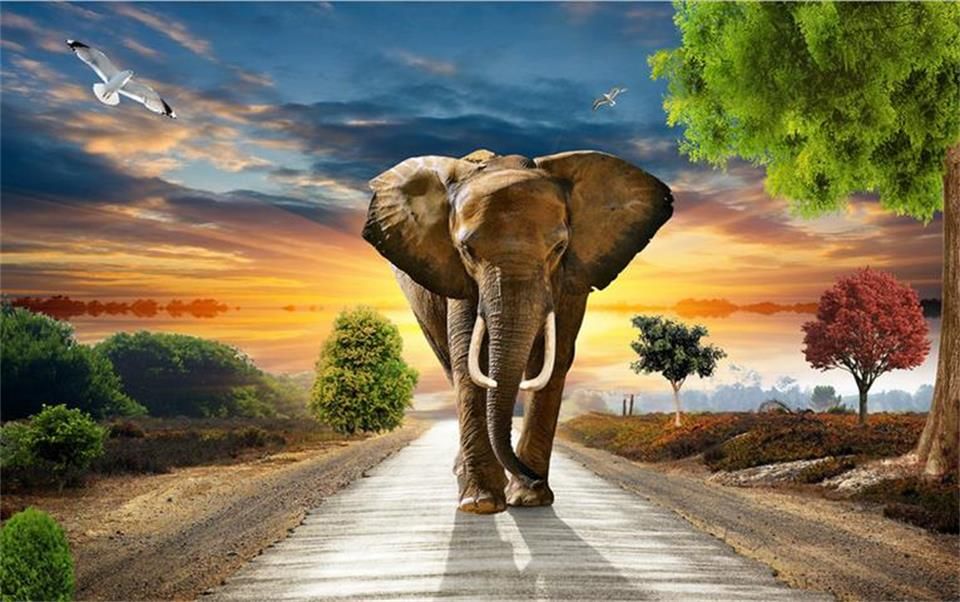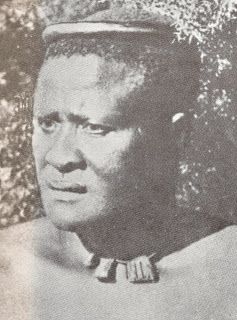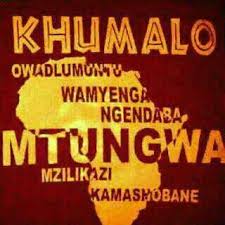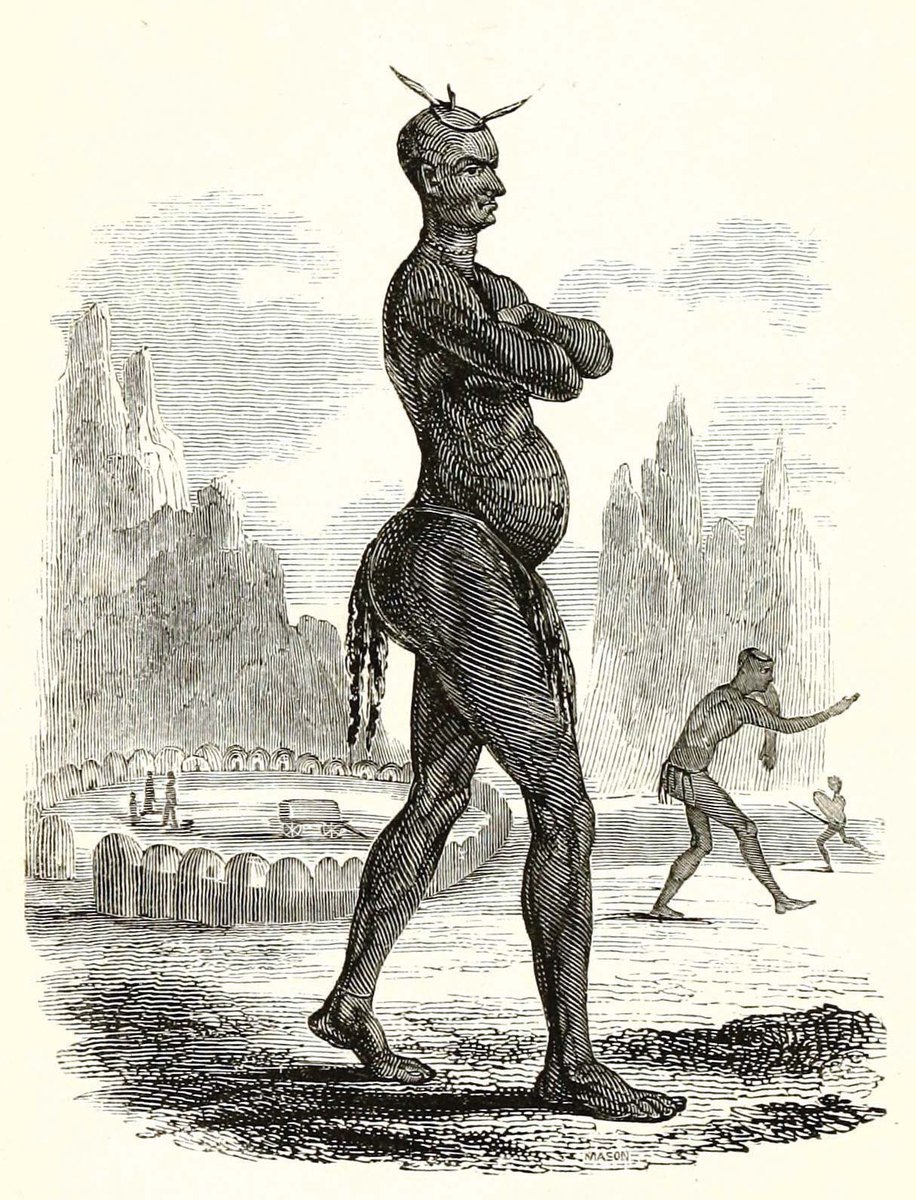1. NDEBELE IDENTITY: Who are the Ndebele of Zimbabwe?
A very long thread...
Many people struggle with defining the Ndebele people of Zimbabwe. Are Ndebeles a tribe, a nation, Khumalos, South Africans or is Ndebele just a language?
A very long thread...
Many people struggle with defining the Ndebele people of Zimbabwe. Are Ndebeles a tribe, a nation, Khumalos, South Africans or is Ndebele just a language?
2. These questions are complex & result in emotive debates & tribal slurs. Why do we have many different tribes or ethnicities but their location is defined as Matabeleland - the land of the Ndebele people? This is a complex subject. Is there such a thing as an original Ndebele?
3. To unpack why people in Matabeleland & Midlands embrace the Ndebele label & others now openly reject it, the answer lies in how the Ndebele state was established by King Mzilikazi in the 1800s after breaking away from King Shaka.
4. The most narrow and ill-informed definition reduces being Ndebele to being a Khumalo. This is a clannish definition that fails to take into account the complex processes of nation building evolved by Mzilikazi who continually added new groups to build his state.
5. The second definition is one that defines Ndebele-ness linguistically – as comprising any one who speaks Ndebele language as a mother tongue.
6. The third is the geographic definition. This one identifies people living in Matabeleland & parts of the Midlands in Zimbabwe as being Ndebele.
7. To those with a hegemonic Ndebele agenda, being a Ndebele means a conglomeration of all those people whose ancestors were assimilated into the Ndebele state, be they of Nguni, Sotho, Shona, Kalanga, Tonga, Tswana, Venda etc extraction.
8. Ndebele identity is a product of pre- colonial, colonial & post colonial intricate events & processes like Mfecane and Nguni-Sotho nation building strategies of the 1820s, as well as the role of colonialists and African nationalism.
9. A small Khumalo clan expanded into a nation through raiding, conquest, assimilation and the incorporation of tribal groups and communities. It included inculcating Ndebele values and language over people of different ethnic groups. This is key to understanding Ndebeleness.
10. By the time of Ndebele permanent settlement on the south-western part of the Zimbabwean plateau after 1840, what had started as a small Khumalo clan had snowballed over time into a heterogeneous nation consisting of different tribal groups.
11. The first group to be incorporated in the formation of the Ndebele state were the Sotho & Tswana on the Western high veld of South Africa. More Tswana people were incorporated from modern day Botswana. Other groups like Swatis were incorporated too.
12. On arriving in the Zimbabwean plateau, the third leg of the process of nation building continued in the form of conquest, assimilation and incorporation of Rozvi, Kalanga, Birwa, Tonga, Nyubi, Venda, Suthu etc inhabitants of the south-west.
13. The best way to understand Ndebele ethnic identity is as a socially constructed phenomenon, not as a fixed identity. Matabeleland is a product of interactions, conflict & assimilation of developing ethnic communities.
14. By the time of colonial rule, the Ndebele state had existed as a concrete centralised political reality in the south-western part of the Zimbabwean plateau with people who were conscious of being Ndebele by nationality and who spoke IsiNdebele as their national language.
15. The Ndebele existed as an independent nation up to 1893 when King Lobengula was conquered, while Mashonaland had been occupied ealier in 1890.
16. The term Ndebele therefore, referred to a nation composed of various tribes, within a specific geographic location, with a national language called isiNdebele & rulership under the Khumalo clan.
17. An approach to understanding Ndebele ethnicity based on surnames ignores complex histories and processes of social engineering that took place in the creation of the Ndebele state. Many tribal groups Ndebelelised their original surnames in order to fit into Ndebele identity.
18. For example baKgatla (Tswana) became Mnkandla. Sibandas can be traced back to Shumba(Shona)/ Sebata(Tswana/Sotho)/ Munkuli (Tonga)etc.Ndlovus can be (Gatsheni) who are Nguni, (Gabula) who are Kalanga, (Mthombeni) who are Nguni and others with various ethnic origins.
19. Since the defeat of King Lobengula what remains is a nation of diverse people of multi-ethnic identities who are bound by a common Ndebele history, language, culture & geographic location for a period of over 150 years. There are attempts to revive the Ndebele monarchy.
20. A dual identity therefore, exists as some of these people can retrace & express their original ethnicities, cultures & languages but still remain part of a bigger group of tribes with whom they share the Ndebele language, geographic location, history & culture.
21. This is the complex outcome of what started as a small Khumalo clan expedition which later evolved into a nation. The Khumalos may have been the ruling class but they were not born Ndebele. They founded the Ndebele state through King Mzilikazi& #39;s nation building skills.
22. King Mzilikazi was a Nguni of the Khumalo clan. Ndebele is derived from the Sesotho expression & #39;thebele& #39;, describing people who sheltered behind tall cowhide shields. So he also acquired Ndebele identity & kingship as a result of the nation building process.
23. Parting shot : According to the late nationalist Joshua Nkomo, Ndebeles are not a tribe but a collection of tribes.
What is your take on Ndebele identity in modern day Zimbabwe?
What is your take on Ndebele identity in modern day Zimbabwe?
24 SOURCES :
1. Nation Building in Zimbabwe and the Challenges of Ndebele Particularism : Professor Sabelo
Ndlovu-Gatsheni
2. Zimbabwe& #39;s Cultural Heritage: Nyathi, Pathisa
3. Igugu Likamthwakazi: Imbali Yamandebele 1820-1893 : Nyathi Phathisa
4. Mzilikazi: A Khumalo Prince
1. Nation Building in Zimbabwe and the Challenges of Ndebele Particularism : Professor Sabelo
Ndlovu-Gatsheni
2. Zimbabwe& #39;s Cultural Heritage: Nyathi, Pathisa
3. Igugu Likamthwakazi: Imbali Yamandebele 1820-1893 : Nyathi Phathisa
4. Mzilikazi: A Khumalo Prince

 Read on Twitter
Read on Twitter